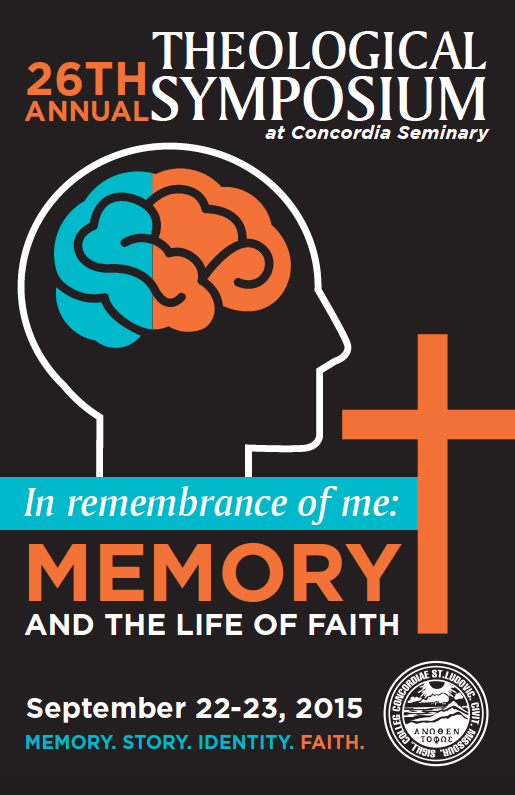 Concordia Seminary Professor Emeritus Bruce Hartung has recently highlighted how research into brain and memory is receiving major attention in science and politics. Among other things, Dr. Hartung notes,
Concordia Seminary Professor Emeritus Bruce Hartung has recently highlighted how research into brain and memory is receiving major attention in science and politics. Among other things, Dr. Hartung notes,
President George Bush proclaimed 1990 to be the “Decade of the Brain” with this, Proclamation 6158, July 17, 1990: “The human brain, a 3-pound mass of interwoven nerve cells that controls our activity, is one of the most magnificent–and mysterious–wonders of creation. The seat of human intelligence, interpreter of senses, and controller of movement, this incredible organ continues to intrigue scientists and layman alike.”
In April 2013, President Obama announced an ambitious $100 million program – The Brain Research through Advancing Innovative Neurotechnologies (BRAIN) Initiative – to accelerate our understanding of the brain at the level of its neural circuitry. … Then in early March this year, President Obama announced his budget proposal to double the Federal investment in the BRAIN Initiative from about $100 million in FY 2014 to approximately $200 million in FY 2015. (Accessed electronically at i3Mindware, June 4, 2015)
The Year of the Brain – Europe was announced in 2015 with the following: “Understanding the human brain and the diseases that can affect it is one of the greatest scientific and philosophical challenges we face today.” (Year of the Brain – Europe, accessed electronically June 4, 2015).”
Dr. Hartung, continues…
Brain research is front and center, much research is being done and much writing is coming forth. Using this brain research for the good of the church would seem to be a self-evident task.
Bruce Hartung’s comments are part of his forthcoming review of Sticky Learning: How Neuroscience Supports Teaching That’s Remembered, by Holly J. Inglis with Kathy L. Dawson and Rodger Y. Nishioka, which will appear in the Fall 2015 issue of Concordia Journal.
Brain research, and how it deepens of understanding of memory and identity “for the good of the church,” will be front and center at this year’s Theological Symposium, “In Remembrance of Me: Memory and the Life of Faith,” September 22-23, 2015.

Leave a Reply
You must be logged in to post a comment.